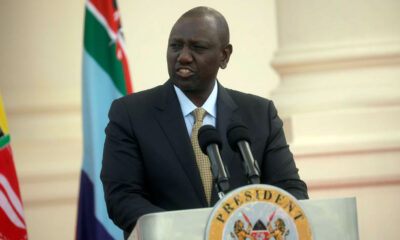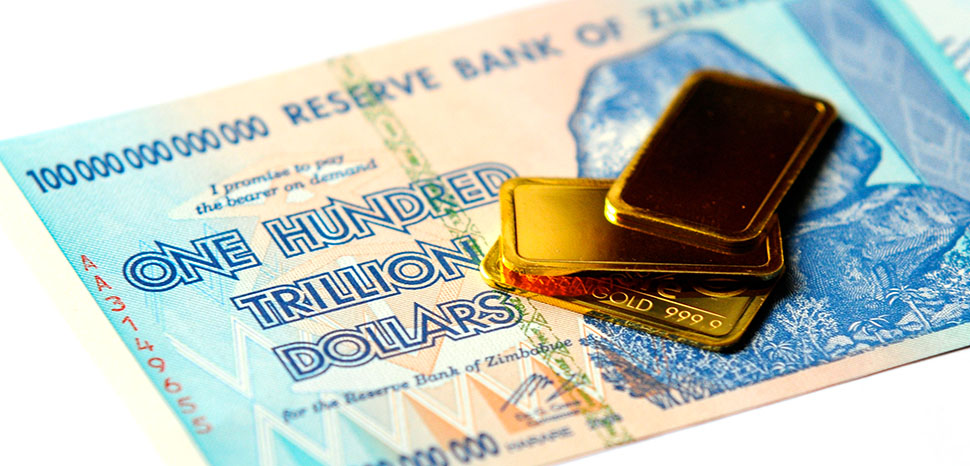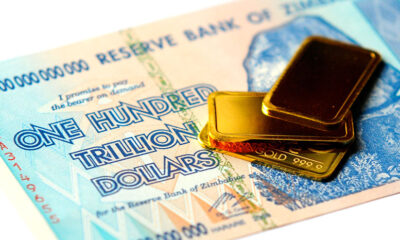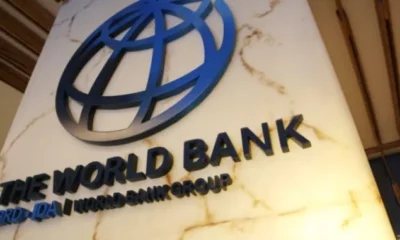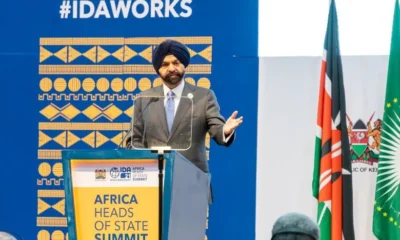Shell Nigeria, a multinational oil company, claims that through the operations of Shell Petroleum Development Company of Nigeria Limited and Shell Nigeria Exploration and Production Company of Nigeria Limited, it exclusively paid $1.09 billion in corporate taxes and royalties to the Nigerian government in 2023.
According to the numbers released in the recently released 2023 Shell Briefing Notes, SNEPCo remitted $649 million, while the SPDC paid $442 million.
Similar payments made by the two firms in 2022 totalled $1.36 billion, according to a statement from Abimbola Essien-Nelson, the company’s manager of media relations.
“These payments are Shell exclusive and do not include those made by our partners,” said SPDC Managing Director and Country Chair, Shell Companies in Nigeria, Osagie Okunbor.
Okunbor explained, “Shell companies in Nigeria will continue to contribute to the country’s economic growth through the revenue we generate and the employment opportunities we create by supporting the development of local businesses.”
He continued by saying that Shell has been an investor in Nigeria for more than 60 years and that the Briefing Notes provide an update on the state of the companies’ operations in Nigeria for 2023, including SPDC, SNEPCo, Shell Nigeria Gas, and Daystar Power.
He claimed that the studies demonstrated how the businesses kept driving advancement, collaborating closely with communities and stakeholders to support socio-economic growth and offer more affordable, environmentally friendly energy options.
“It is important to emphasise that Shell is not leaving Nigeria and will remain a major partner of the country’s energy sector through its deep-water and integrated gas businesses. Our collective focus remains on delivery of safe operations and care for our people,” Okunbor maintained.


 VenturesNow15 hours ago
VenturesNow15 hours ago
 Sports1 day ago
Sports1 day ago
 Tech1 day ago
Tech1 day ago
 Tech1 day ago
Tech1 day ago

